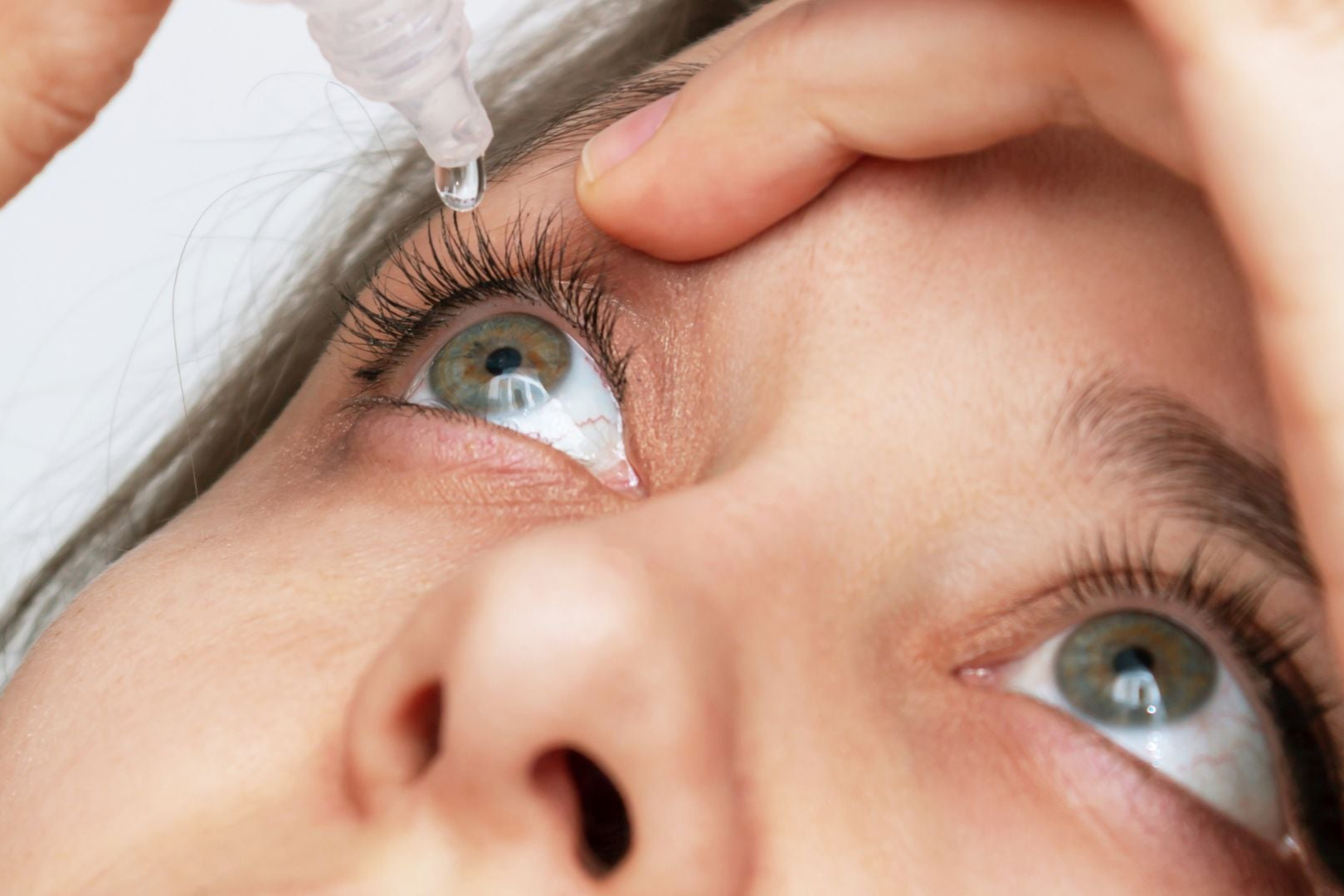Watery Eyes
Watery eyes—also known as epiphora—can be frustrating and even socially embarrassing. Whether your eyes are constantly tearing, streaming in cold or windy weather, or watering without warning, this is not something you simply have to live with.
While many people assume watery eyes are a sign of too many tears, the reality is often more complex. In fact, excessive tearing is commonly a reaction to dryness or irritation. When the eye surface isn’t properly lubricated—due to dry eye disease, inflammation, or poor tear quality—it sends a distress signal to produce reflex tears. These watery tears may come in large amounts, but they don’t contain the essential oils or proteins that your eyes need to stay truly comfortable and protected.
Other Causes of Watery Eyes
Watery eyes can also be caused by issues unrelated to tear production, including:
- Blocked tear ducts (nasolacrimal obstruction) – the normal drainage pathway is partially or fully blocked, causing tears to spill over
- Poor eyelid positioning – eyelids that turn in (entropion) or out (ectropion) can prevent tears from draining properly
- Blepharitis or eyelid inflammation – clogged oil glands can affect tear quality and drainage
- Allergies or environmental irritants – such as wind, cold air, or bright light
How We Can Help
At Illume, we take a holistic and investigative approach to watery eyes. During your consultation, we will assess:
- The health and function of your tear film
- The quality and quantity of your tears
- Your eyelid structure and blink dynamics
- Your tear drainage function (including testing for blockages in the puncta and nasolacrimal system)
Treatment Options
- Dry eye management – to restore tear film stability and reduce the overproduction of reflex tears
- Blepharitis treatment – including lid hygiene routines, heat therapy, and targeted in-clinic procedures
- Lacrimal dilation and irrigation – a gentle in-clinic procedure to open and flush the tear ducts
- Referral for surgical assessment – if there is a structural issue, such as a blocked nasolacrimal duct or eyelid malposition, we work closely with trusted oculoplastic specialists
For more individualised advice book an appointment with one of our optometrists.

